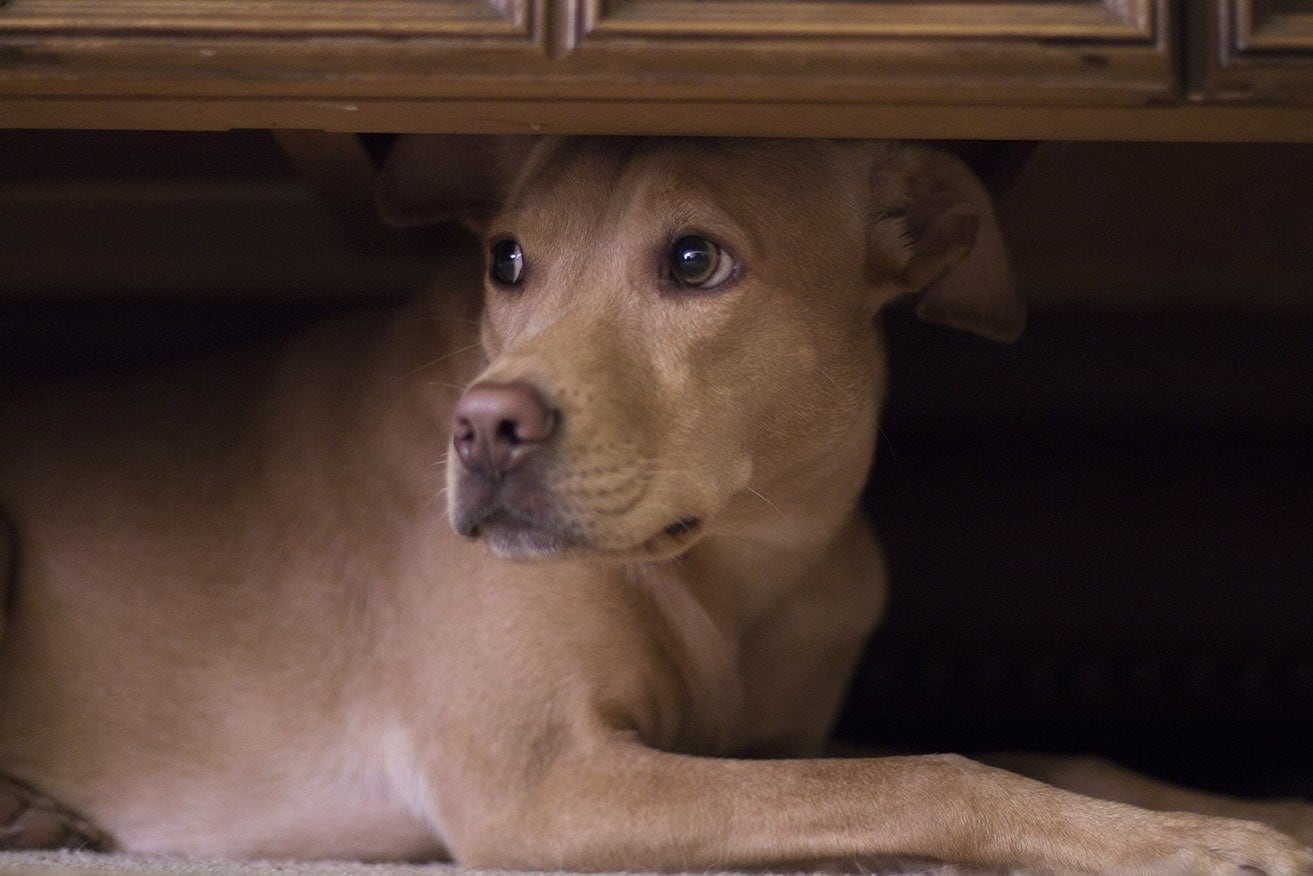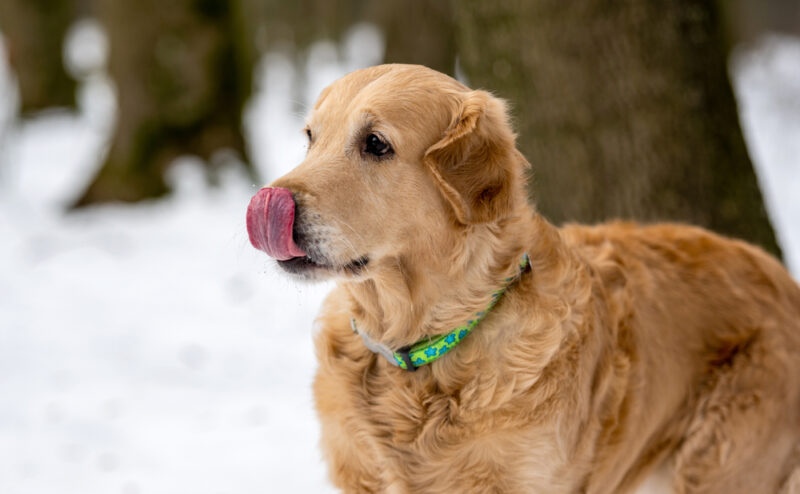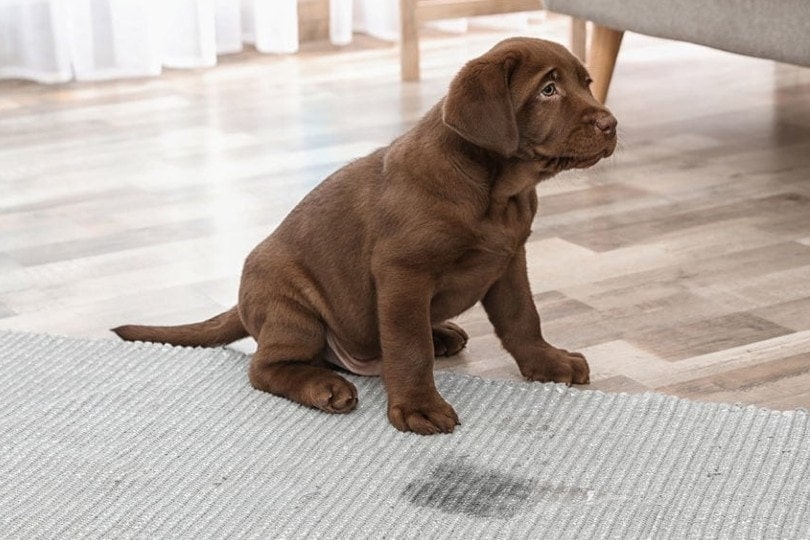Why Does My Puppy Drink So Much Water? Reasons & Hydration Guide (Vet Answer)
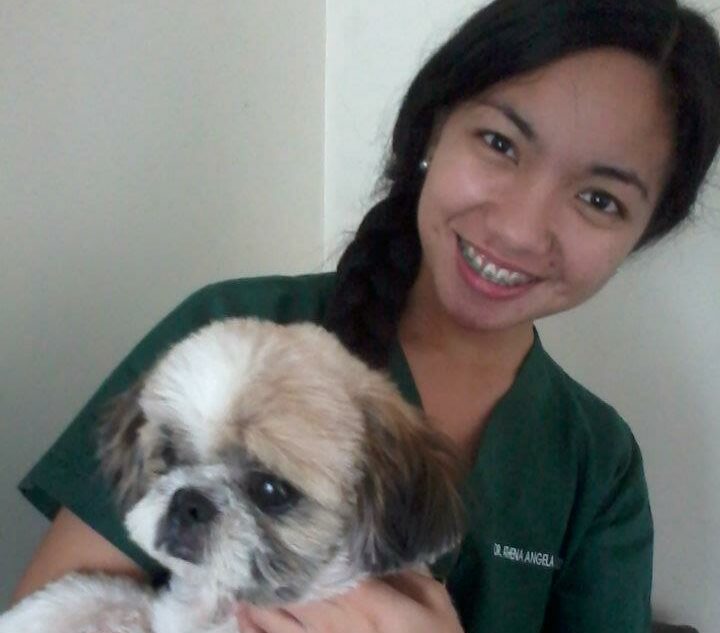
Updated on
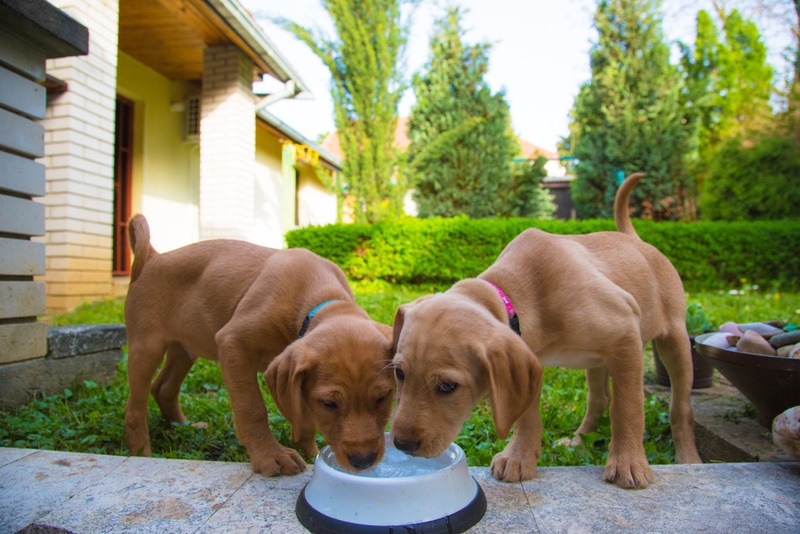
Click to Skip Ahead
It’s a common concern among puppy owners when they notice their furry friend drinking an excessive amount of water. The question “why does my puppy drink so much water?” may arise, leading to curiosity and likely concern about whether this behavior is normal or if it indicates an underlying issue.
Variations in water intake depend on many factors, such as diet, exercise level, and ambient temperature. However, there are also medical reasons that may cause your puppy to drink more water and likely urinate more. If in doubt, always consult your veterinarian, as a few simple tests can answer any questions regarding your puppy’s health status. It is important to provide free access to fresh and clean water for your puppy at all times. This is true even if you think they don’t need as much or that it will increase the chances of accidents in the house. Your puppy can get severely ill if they are water-deprived for a number of hours. Still curious why your puppy drinks a lot of water? Read on as we discuss the normal water intake of puppies, why puppies may start drinking more water, signs of dehydration, and ways to keep your puppy properly hydrated!
What Is the Normal Water Intake for Puppies?
Before addressing the concern of excessive water intake, it’s essential to establish what is considered normal for a puppy. The amount of water a puppy needs can vary greatly depending on factors such as their diet, age, activity level, and the weather. On average, a healthy puppy should consume approximately 1/2 to 1 ounce of water per pound of body weight per day (or 20 to 70 ml of water per kilogram of body weight per day). For example, a 10-pound puppy would require 5 to 10 ounces of water daily. Any water intake over 3 oz per 2 pounds of body weight per day (100 ml per kilogram per day) is generally considered excessive thirst and is technically called polydipsia.
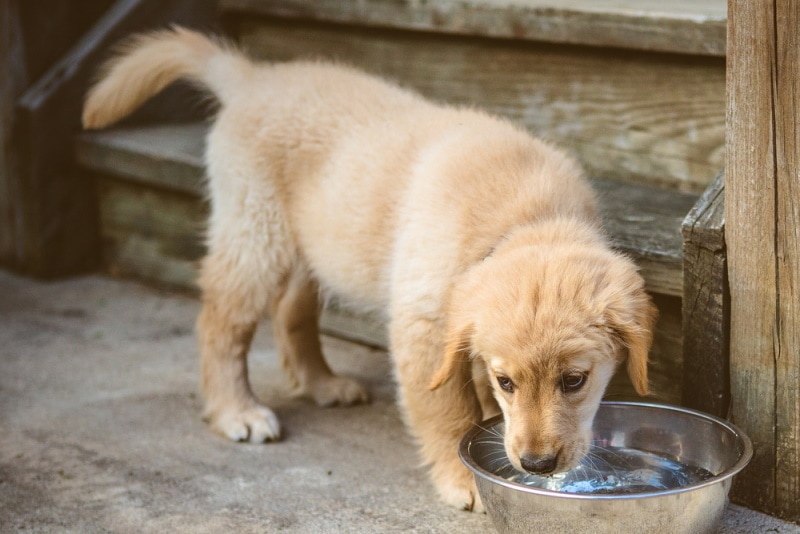
Organ and Kidney Development in Puppies
Puppies’ organs, including their kidneys, are still developing during their early months. As a result, they may have an increased thirst compared to adult dogs. During puppyhood, their kidneys cannot properly concentrate urine which leads to the increased frequency of urination until around 11 to 16 weeks of age.
As their bodies grow, they also require water to support the development and proper functioning of their organs.
Because of this, it may be difficult to keep your puppies properly hydrated. It is crucial to provide access to fresh, clean water at all times to ensure their hydration needs are met.
Is Excessive Drinking a Sign of an Underlying Issue?
While daily water intake variations are normal depending on the weather, the level of exercise, and your puppy’s diet, increased water intake can also be a sign of an underlying disease or health condition. Several medical conditions may lead to excessive drinking. All of these conditions will also cause your puppy to urinate more, and it is even possible that what you first notice is abnormally large urine puddles or increased frequency of urination. Do not hesitate to contact your vet if you notice any of the above changes since it is essential to get to the bottom of the problem.
The following conditions can make your puppy drink an excessive amount of water:
- Digestive problems: vomiting and diarrhea cause your puppy to lose body fluids, and they sometimes compensate by drinking more water
- Urinary tract infections: this is a common reason for increased water intake and should always be considered.
- Diabetes mellitus: caused by increased blood sugar (glucose). Luckily, it is an uncommon condition in puppies.
- Diabetes insipidus: a rare condition in which your puppy’s kidneys can’t concentrate their urine due to a problem with the antidiuretic hormone (ADH).
- Kidney disease: the kidney is the main organ that produces and concentrates urine, and if it stops working, this ability is lost, manifesting as increased thirst.
- Cushing’s disease: the condition is uncommon in puppies and is caused by an overproduction of stress hormone (cortisol) and steroids from the adrenal glands.
- Certain medications
If you observe a significant increase in your puppy’s water consumption or other unusual symptoms, it is vital to consult a veterinarian to rule out any potential health issues.
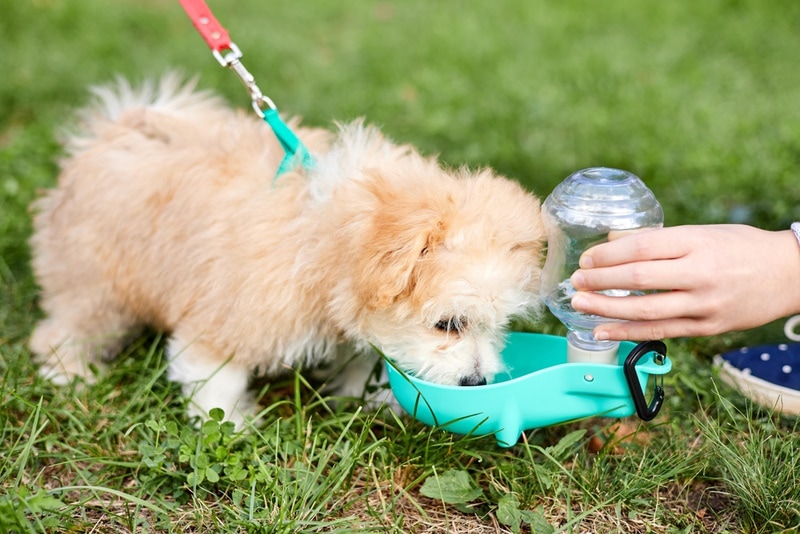
Risks of Drinking Too Much Water
While staying hydrated is crucial for puppies, excessive drinking can pose risks to their health. One concern is the potential for overhydration, also known as water intoxication.
When puppies consume excessive amounts of water, their body’s electrolyte balance can be disrupted, leading to hyponatremia. This condition occurs when the concentration of sodium in the bloodstream becomes diluted, causing issues such as lethargy, vomiting, seizures, and even coma. Therefore, it’s important to monitor your puppy’s water intake to ensure it remains within a healthy range.
When Is Overdrinking a Cause for Concern?
It can be challenging to determine when a puppy’s water intake becomes excessive. However, certain situations may warrant closer attention. If your puppy’s water consumption suddenly spikes or if they consistently drink much more than the recommended amount for their size and age, it is advisable to consult a veterinarian.
Additionally, if your puppy exhibits signs such as frequent urination, excessive panting, weight loss, or changes in behavior, these could be indicators of an underlying health issue that requires professional evaluation.
When considering whether your puppy is drinking too much, your veterinarian will most likely ask you, among other things, how much they drink in 24 hours. This may seem like a difficult task but it is very simple. The first thing is to have a measuring bottle or pitcher filled with water and offer your dog water from this source only. The second thing is to make sure that everyone in the house is aware and uses the same bottle. After 24 hours you will know exactly how much water your dog has drunk. In case they don’t finish all the water that has been offered, you can measure it and deduct it from the initial amount. By doing this several days in a row and recording the results, you can get an estimate of your puppy’s daily water intake.
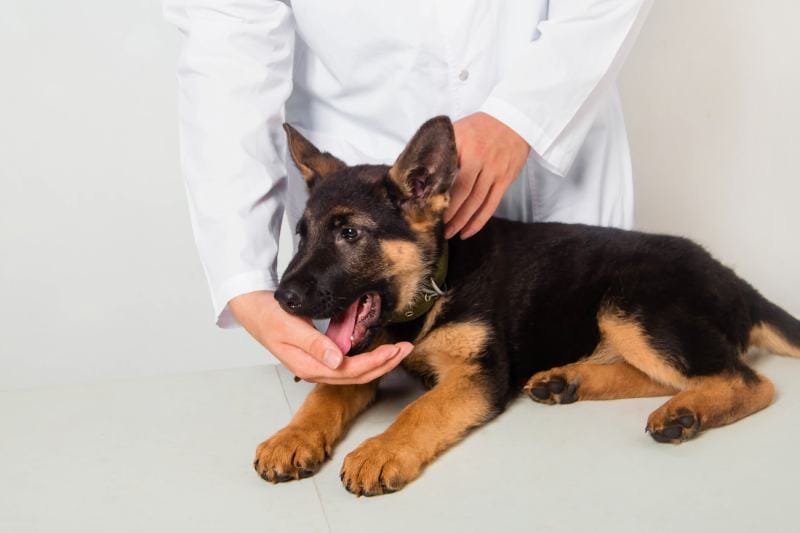
Signs of Dehydration
While overhydration can be harmful, dehydration is a far more common problem and should be properly monitored. This is particularly important if your puppy has experienced episodes of vomiting or diarrhea or has stopped eating for a period of time. To help you recognize the signs of dehydration, here are some common presentations to look out for:
- Lethargy or weakness
- Panting
- Tenting of the skin
- Dry nose
- Dry, sticky gums
- Sunken eyes
- Dull-looking eyes
- Loss of appetite
- Loss of coordination
- Dark urine
- Decreased urination frequency
If you notice any of these signs in your puppy, it is crucial to seek veterinary attention promptly.
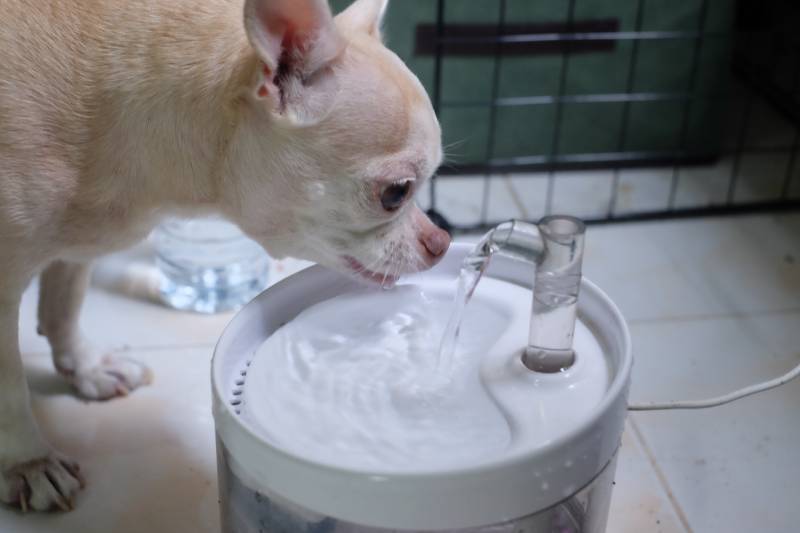
How to Keep Your Pup Properly Hydrated
Water is essential for life. Ensuring that your puppy is adequately hydrated is critical for their well-being and proper body function. Here are some tips to keep your pup properly hydrated at all times:
1. Provide Access to Fresh and Clean Water
Always have a clean, fresh water supply available for your puppy. Change the water regularly to maintain its freshness. Ideally, have several water bowls in different locations around the house, especially if your house is multi-story and if your pup spends time outdoors. Place your puppy’s water bowls in convenient locations where they can easily access them. Ensure the water bowl is stable and spill-proof to prevent accidents.
2. Monitor Water Consumption
Keep an eye on how much water your puppy drinks throughout the day. This will help you establish their normal intake and identify any sudden changes. Remember, not all dogs are the same as each of them may have their own individual drinking habits. Before identifying the unusual, it’s important to be familiar with what’s normal!
3. Encourage Hydration During Exercise
If you engage in physical activities with your puppy, offer them water breaks to prevent dehydration. Carry a collapsible water bowl and offer small amounts of water during breaks.
4. Consider Water Temperature
Some puppies may prefer lukewarm or slightly cool water, while others may enjoy it at room temperature. Observe your puppy’s preferences and adjust the water temperature accordingly.
5. Hydration During Hot Weather
Puppies are more susceptible to dehydration during hot weather due to increased water loss. Offer them additional water and consider using cooling mats or providing shaded areas to help them stay cool. Make sure you take your puppy for walks avoiding the hottest hours of the day and never leave your dog inside the car even if you only need to leave your car for five minutes. Every year, hundreds of pets die from being left in a vehicle.
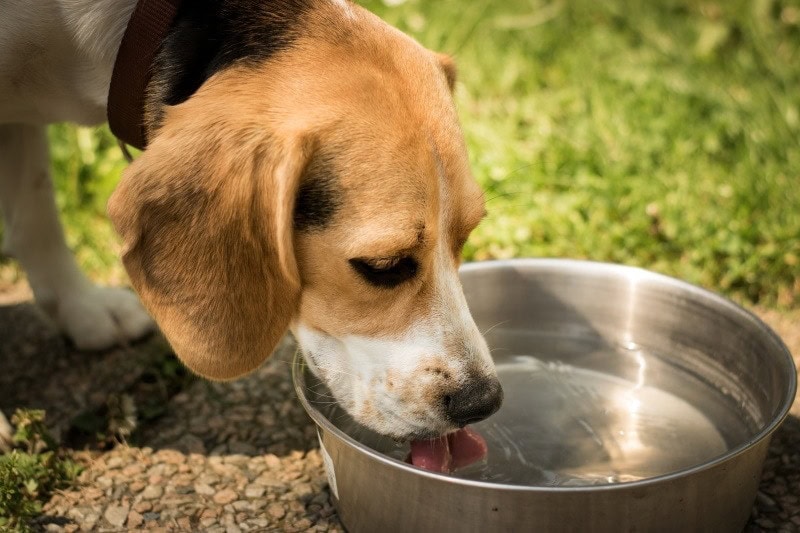
Implications for Potty Training
A puppy’s water intake can influence their potty-training routine, but you should never limit their access to it. Water should always be available throughout the day. What is important is to take your puppy for potty breaks at consistent times and very frequently throughout the day until their potty routine is established. Your puppy is likely to need to potty approximately 20 to 30 minutes after they drink a larger amount of water (for example, after having a playtime session, and after each meal).
For instance, taking your puppy outside to potty shortly after eating and after you notice them drinking will increase the chances of your puppy toileting where they should and getting a reward for it, which is the key to positive reinforcement.
Adjust the timing based on your puppy’s needs and consult with a professional trainer if you encounter challenges during potty training.
Consider Your Pup’s Diet
Diet plays a role in a puppy’s water intake. Dry kibble diets typically require more water consumption, as they do not provide as much moisture as wet, fresh, or raw food options.
Regardless of your puppy’s diet, they should always have free access to water. You may notice a change in your puppy’s water intake whenever there is a change in diet. If you have concerns about your puppy’s diet or water consumption, consult with your veterinarian to ensure they are receiving a balanced and appropriate diet.
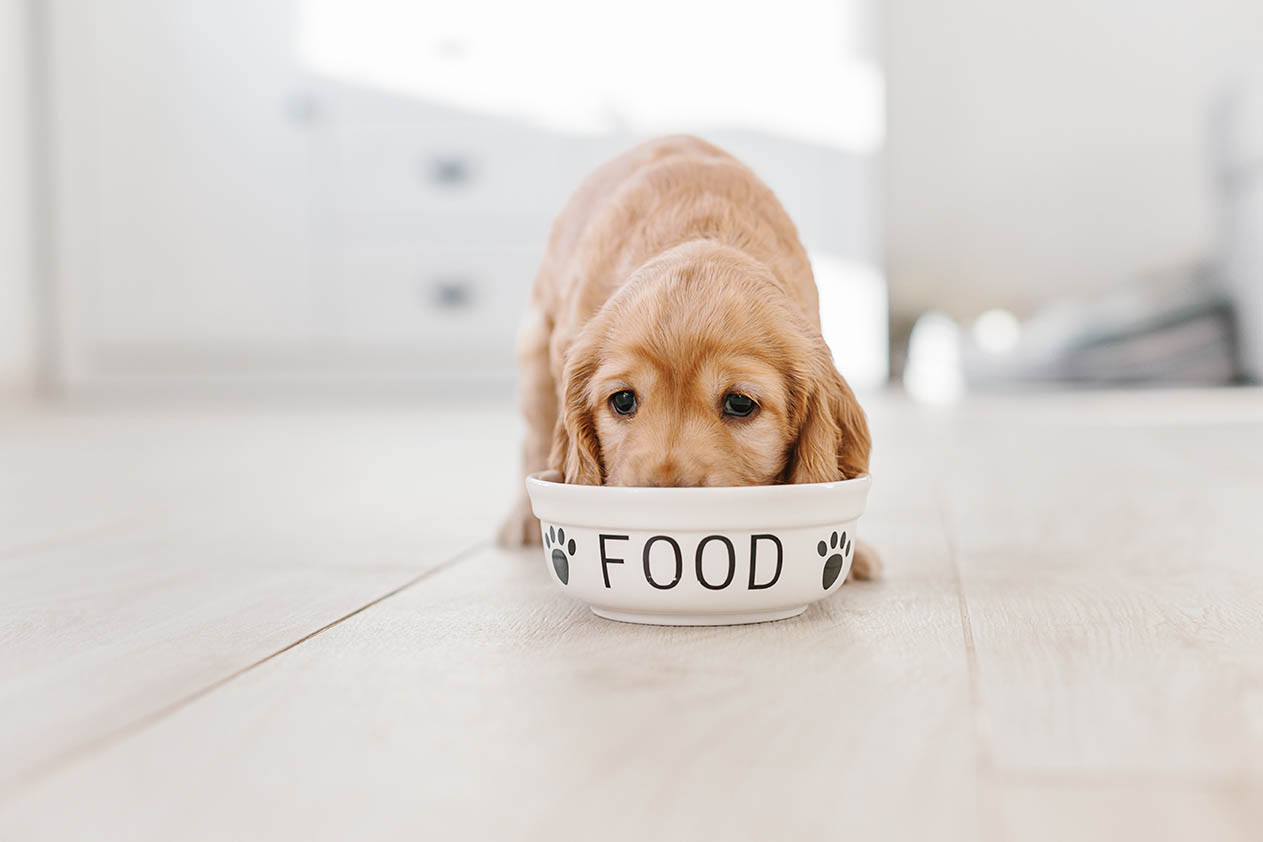
Final Thoughts
A puppy’s increased water intake is often a normal occurrence if they have had a particularly playful day, if the ambient temperatures rise, or if they have been eating more dry or salty food. However, certain medical conditions can increase your puppy’s thirst, and therefore it is crucial to monitor their water consumption to ensure it remains within a healthy range. Excessive drinking can indicate an underlying health issue, so it is important to seek veterinary attention if you notice significant changes or accompanying symptoms.
By being attentive to your puppy’s water needs, you can ensure their well-being and enjoy a happy and hydrated companion!
Featured Image Credit: RedThinkHead, Shutterstock



